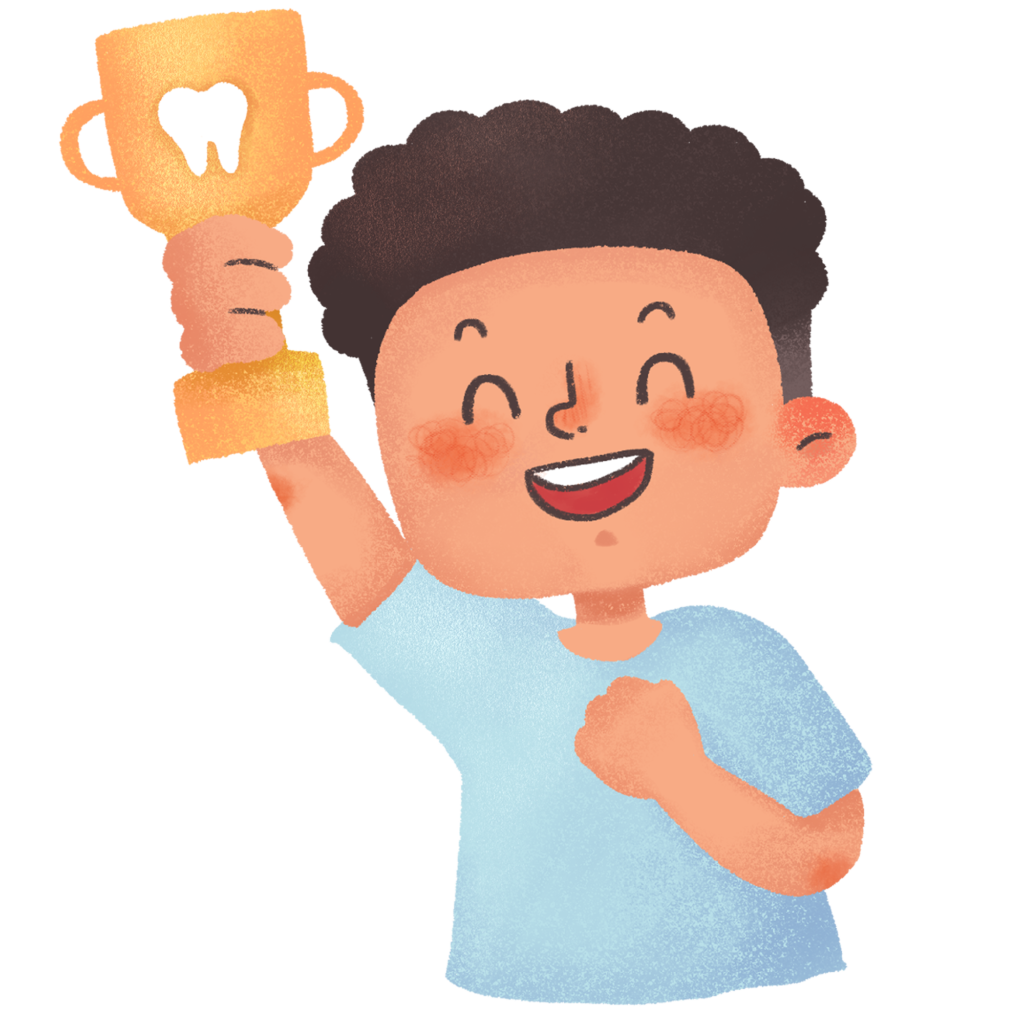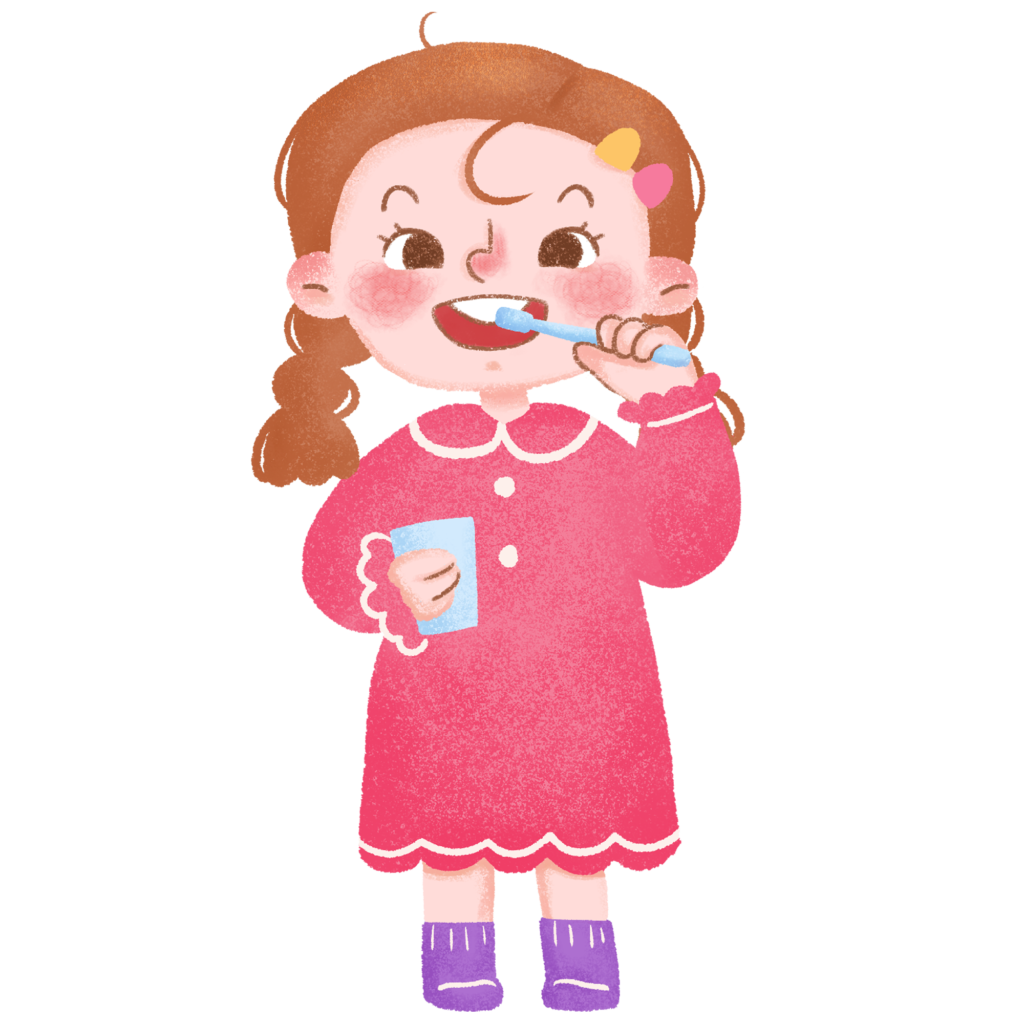Helps & FAQs



FAQ
Do you take Medi-Cal insurance?
Yes, Kids2Dentist accepts Medi-Cal insurance. We are committed to providing accessible dental care to all children, including those covered by Medi-Cal.
What age range of children do you treat?
Kids2Dentist provides dental care for children of all ages, from infants to adolescents.
Do you offer sedation dentistry for children?
Yes, we offer sedation dentistry for children who may require it for certain procedures. Our experienced team ensures that children are comfortable and safe during their dental treatments.
How often should children visit the dentist?
We recommend that children visit the dentist every six months for regular check-ups and cleanings. However, the frequency of visits may vary depending on the child’s oral health needs.
What services do you offer for children with special needs?
Kids2Dentist is dedicated to providing comprehensive dental care for children with special needs. Our team is trained to accommodate the unique needs of each child and offer specialized services as required.
How can I schedule an appointment for my child?
Scheduling an appointment for your child is easy. You can call our office directly or use our online booking system to request an appointment at your convenience.
What should I do in case of a dental emergency?
In case of a dental emergency, please contact our office immediately. Our team will provide guidance on the next steps and ensure that your child receives prompt care.
Do you offer orthodontic services for children?
Yes, Kids2Dentist offers orthodontic services for children, including braces and Invisalign treatment. We work closely with orthodontic specialists to ensure the best possible outcomes for our patients.
Are your dental offices kid-friendly?
Absolutely! Our dental offices are designed with children in mind, featuring colorful decor, fun activities, and friendly staff to create a comfortable and welcoming environment for kids.
How can I help prepare my child for their dental appointment?
You can help prepare your child for their dental appointment by talking to them about what to expect, practicing good oral hygiene habits at home, and answering any questions they may have about visiting the dentist.
What is a pedodontist?
A pedodontist, also known as a pediatric dentist, is a dentist who specializes in providing dental care for children from infancy to adolescence. They undergo advanced training in child development, behavior management, trauma care, anesthesia, and sedation methods, as well as dental and facial growth.
When should my child see the pedodontist?
The American Dental Association recommends that parents have their baby see the dentist around their first birthday. Early dental visits help ensure proper oral health care and early detection of any potential issues.
When will my baby’s first tooth appear?
Babies typically start getting their first teeth between 6 to 12 months of age. Teething can be uncomfortable for babies, leading to fussiness, trouble sleeping, and drooling. Parents can help soothe teething discomfort with teething rings or cold objects.
My child is starting kindergarten and still sucking their thumb. Will this habit affect their new teeth?
Persistent thumb or finger sucking beyond preschool years can affect the alignment of permanent teeth, leading to potential issues with bite and speech. Parents should gently encourage their child to stop the habit and consult with a pedodontist for evaluation and guidance on habit control strategies.

